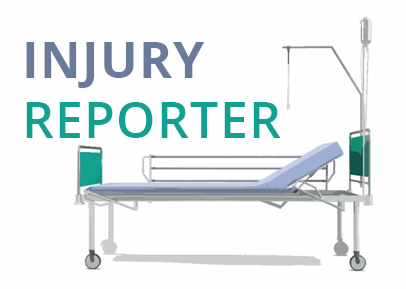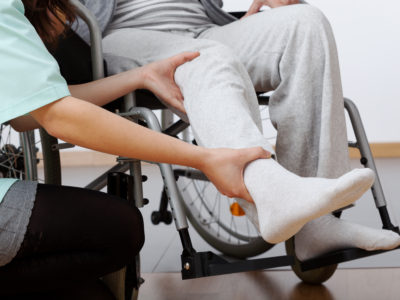What are the 3 main factors that help decide compensation in personal injury claims?
When a person is injured in a personal injury accident, depending on the severity, they’re entire life could be changed in an instant. They could face hospitalization, life-long healthcare issues, loss of wages, loss of potential future earnings, an inability to continue providing companionship or parental care in the same way they once did and more.
When another party is liable for the accident that changed your life you may be wondering what compensation you are owed and how compensation is determined. The goal of the court is often to assist victims with getting their life’s back to how they were pre-accident.
With that in mind, these are the 3 factors that affect what compensation you may receive:
1. Evidence and witnesses to the accident
- Camera footage or witness testimony backing up your claims about an accident can strengthen your case for higher compensation. On the other hand, a lack of proof or witnesses can also lower your case for compensation.
2. The severity of the injury
- Injuries that are more life-threatening and debilitating that resulted in higher pain will result in more compensation for the victim. Injuries that are easier to recover from such as bruises may result in lower compensation.
3. Whether or not the victim shared any fault for the accident
- If the defendant can prove that the plaintiff was at fault in some way for the accident, the plaintiff may not receive compensation or may receive a significantly lower percentage of compensation compared to if they had no fault what-so-ever in the accident.
Other factors that may contribute to the amount of compensation a victim obtains includes their credibility and calmness throughout the case.
For more information about calculating compensation, send us a message.








Comments